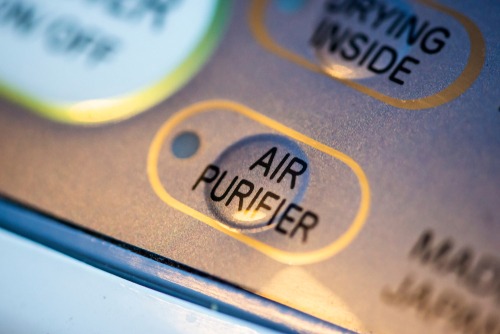Many individuals have more time at residence and concentrate more on home health, such as indoor air quality. Many of you have probably heard of both air purifiers and dehumidifiers, but just what is the difference between these two machines?
They're both essential to indoor air quality. Check out our guide to determine which one is ideal for your needs.
How Dehumidifiers Work to Eliminate Moisture
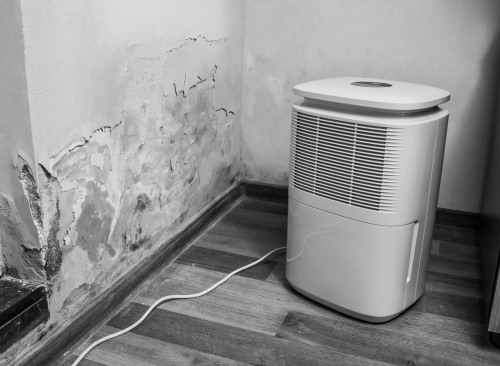
These types of machines may be used to decrease the humidity indoors the recommended 30 to 50%. They eliminate water from the air using the same principles we learned in a high school science course.
A dehumidifier works by drawing in warm air. When the warm air is inside the system, it generates condensation. The condensation is kept in a tank on the face of the machine.
Drier, colder air is pushed back out via a fan. Some dehumidifiers contain a humidistat which can monitor the humidity and adjust accordingly.
How Air Purifiers Clean Air
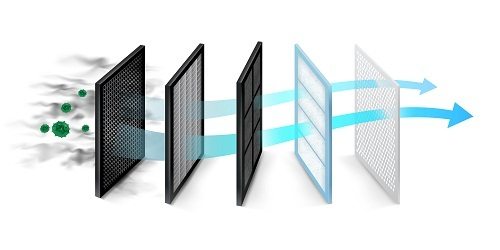
Your indoor air comprises more contaminants than you know. The best way to combat these hazardous substances is to use a home air purifier.
They work by drawing polluted air into the system and running it through a set of filters to eliminate impurities. The clean air is then forced back out via a fan.
Kinds of Filters
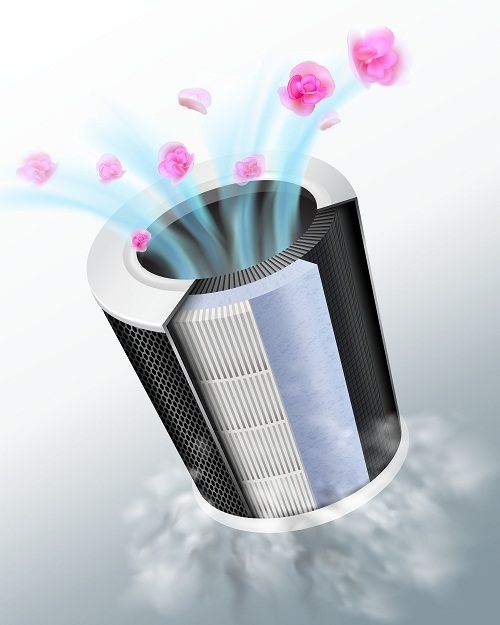
Prefilter
This filter is used as the first line of defence. It's normally washable and grabs large particles like dust and pet hair.
HEPA Filter
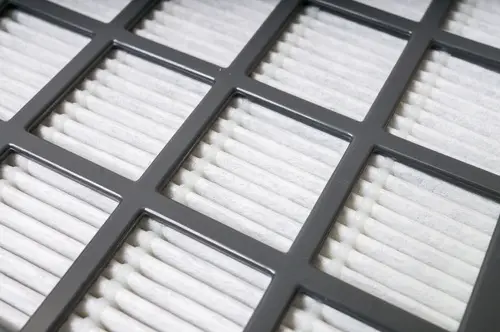
An actual HEPA filter eliminates 99.7percent of contaminants that are 0.3 microns or larger. It can remove germs, pet dander, mould, and dust mites.
Carbon Filter
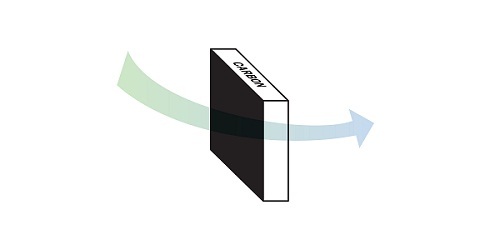
These filters are mainly used to remove odours and gases. They push air over a bed of activated carbon or charcoal to remove odours like smoke or cooking odours.
Dehumidifiers Vs. Air Purifiers: Compared For These Uses
For Basements
Basements can hold extra moisture when the surrounding soil gets wet. In case you've got excessive humidity in your basement, you need to invest in a dehumidifier to make the humidity level down to an acceptable selection.
We recommend getting an air purifier once you eliminate the moisture to stop any mould spores or germs that have grown.
For Removing Mold
If you now have a mould problem, we recommend removing the mould using an air purifier. An air purifier will eliminate the mould spores as you work on removing the mould on physical surfaces.
If the source of your mould issue was the humidity, we recommend buying a dehumidifier to not happen again in the future.
If you don't have a problem with mould growth, you need to make sure that spores don't enter your indoor air environment and get an air purifier.
For Allergies
We recommend air purifiers for environmental and seasonal allergies. Air purifiers work to eliminate allergens caused by pets, bacteria, smoke, and pollen.
The best option for allergy patients is an air purifier that includes a true HEPA and carbon filter to eliminate 99.7% contaminants. The best options will consist of a prefilter, carbon, HEPA, and a UV light.
For Babies
You only need the best for your children, and that's why we urge both an air conditioner and a dehumidifier to their room. An air conditioner can help them remain healthy by eliminating all the harmful contaminants that could make them ill.
A dehumidifier will maintain the appropriate levels of moisture to keep them relaxed and free of dry skin. Some dehumidifiers and air purifiers can be utilized as diffusers that provide soothing or healing scents.
For Dust Mites
We advocate an air conditioner that will remove fleas and dust from the air before returning to the common problem's surroundings. You need to invest in an air conditioner that includes a true HEPA filter, eliminating particles that are bigger than 0.3 microns.
Dust mites are usually between 0.5 and 50 microns. Your air conditioner should also have a dust prefilter.
For Smoke
If you want to eliminate cooking or tobacco smoke, we advocate an air purifier. The best air purifiers for this work will have a high smoke CADR number. The greater the number, the more effective it's at removing smoke.
We recommend an air conditioner with a charcoal or carbon filter since they eliminate odours. A true HEPA filter may also help eliminate smoke and other odours.
Frequently Asked Questions
Will a dehumidifier clean the air?
A dehumidifier doesn't clean the air by removing impurities. A dehumidifier eliminates excess moisture and may avoid fungally and mould growth.
Do air purifiers dehumidify?
Air Purifier doesn't eliminate excess moisture from the atmosphere. An air purifier distributes the air and removes contaminants such as mould spores, bacteria, and scents.
How do Air purifiers and dehumidifiers compare concerning price?
Dehumidifiers usually cost somewhat more than air purifiers because they have a compressor. Some air purifiers, based on the filtration level and brand, may cost hundreds of dollars. Dehumidifiers tend to charge more when they contain a compressor and cover a larger surface area.
Can you use an air purifier and dehumidifier in the same room?
Yes, you can use both systems in the same room at precisely the same time. We recommend this for individuals who need the cleanest and comfortable indoor air environment. Dehumidifiers enhance comfort levels by maintaining the air in the required humidity range. Air purifiers work to eliminate pollutants that are often found in indoor air.
Can you Purchase a combo product that does both of those air tasks?
Yes, there are several combo air purifiers and dehumidifiers. These options may be the best of both worlds for many customers. They're also relatively affordable.
Are these products considered safe to use in your home?
Yes, these are considered safe to use at home. They should always be operated safely and put in the proper place in your home. We recommend placing your system away from the walls. Some air purifiers create a tiny amount of ozone. They continue to be safe to use at home, however.

